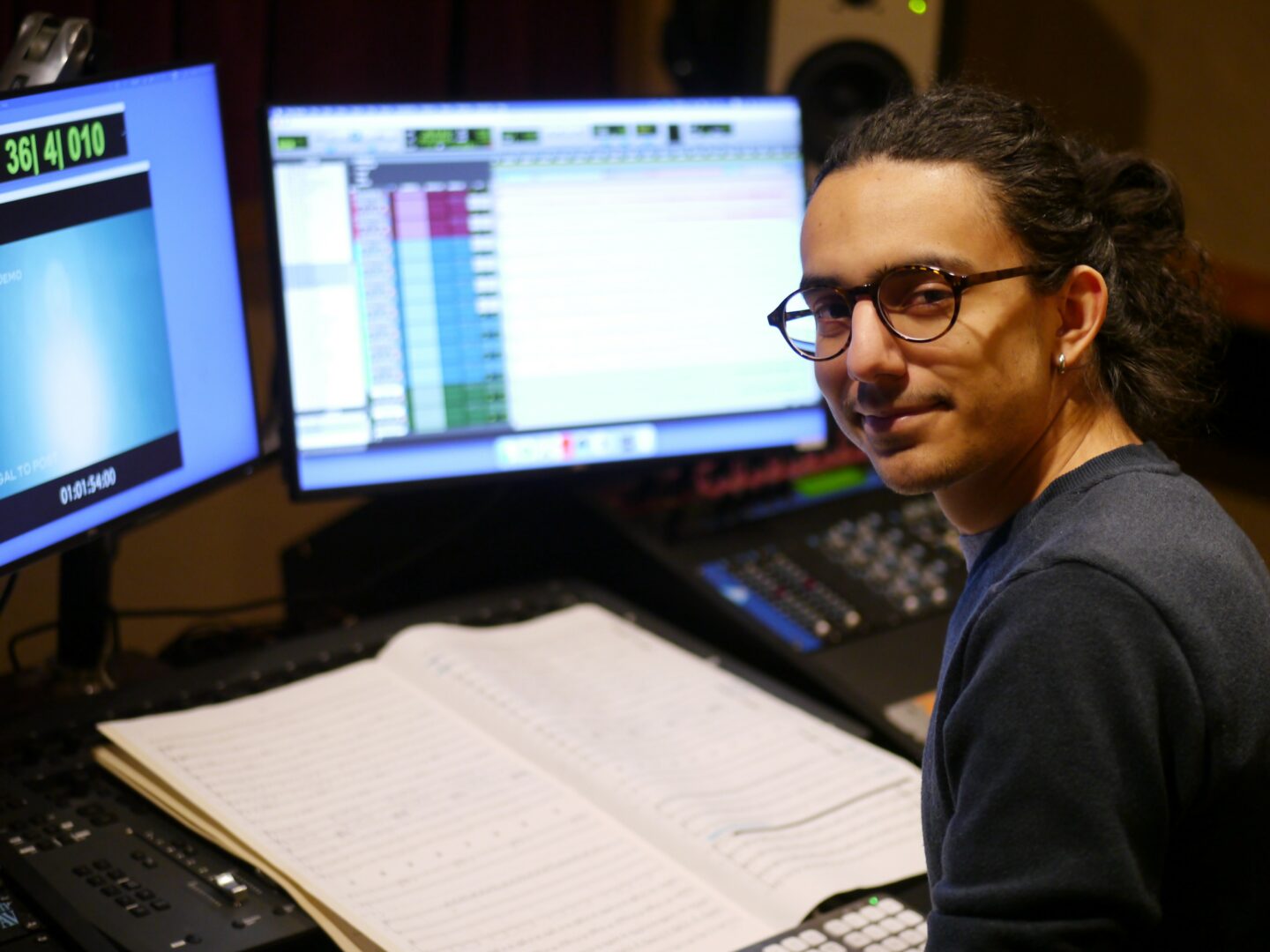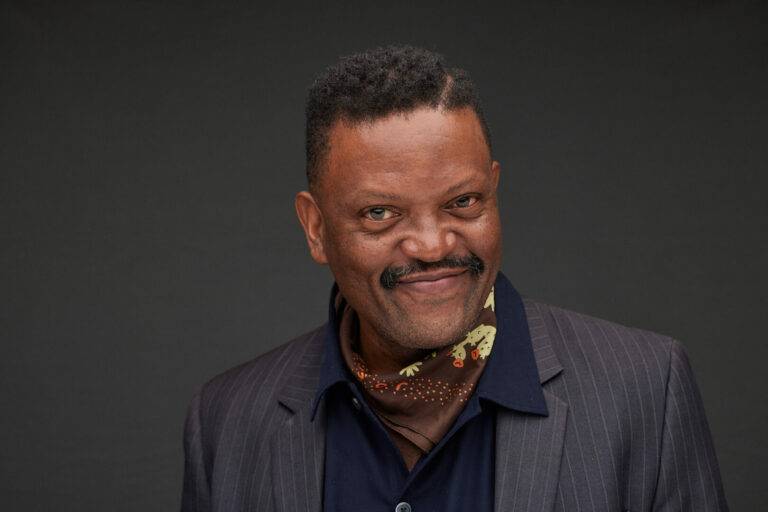Alright – so today we’ve got the honor of introducing you to Daniel Vallejo. We think you’ll enjoy our conversation, we’ve shared it below.
Daniel, we’re thrilled to have you on our platform and we think there is so much folks can learn from you and your story. Something that matters deeply to us is living a life and leading a career filled with purpose and so let’s start by chatting about how you found your purpose.
I think I found my purpose through a mix of curiosity and instinct. Growing up in Mexico City, music was everywhere, on the streets, in my home, in the way people told stories. Playing classical guitar and piano as a kid, then later performing at festivals and with orchestras, I started to realize that music wasn’t just something I enjoyed, it was how I processed the world. That really came into focus when I began scoring films and documentaries, especially projects like “Arte y Abastos”, which was about how art transforms our connection to culture. Later, at Berklee and working with Kara Talve at Bleeding Fingers, I saw the full potential of music as a storytelling tool, not just in film, but across different media and cultures. For me, purpose isn’t some lightning bolt moment. It’s something that’s taken shape over time, through work, through learning, and through realizing that I could use music to give weight and emotional depth to stories that matter.
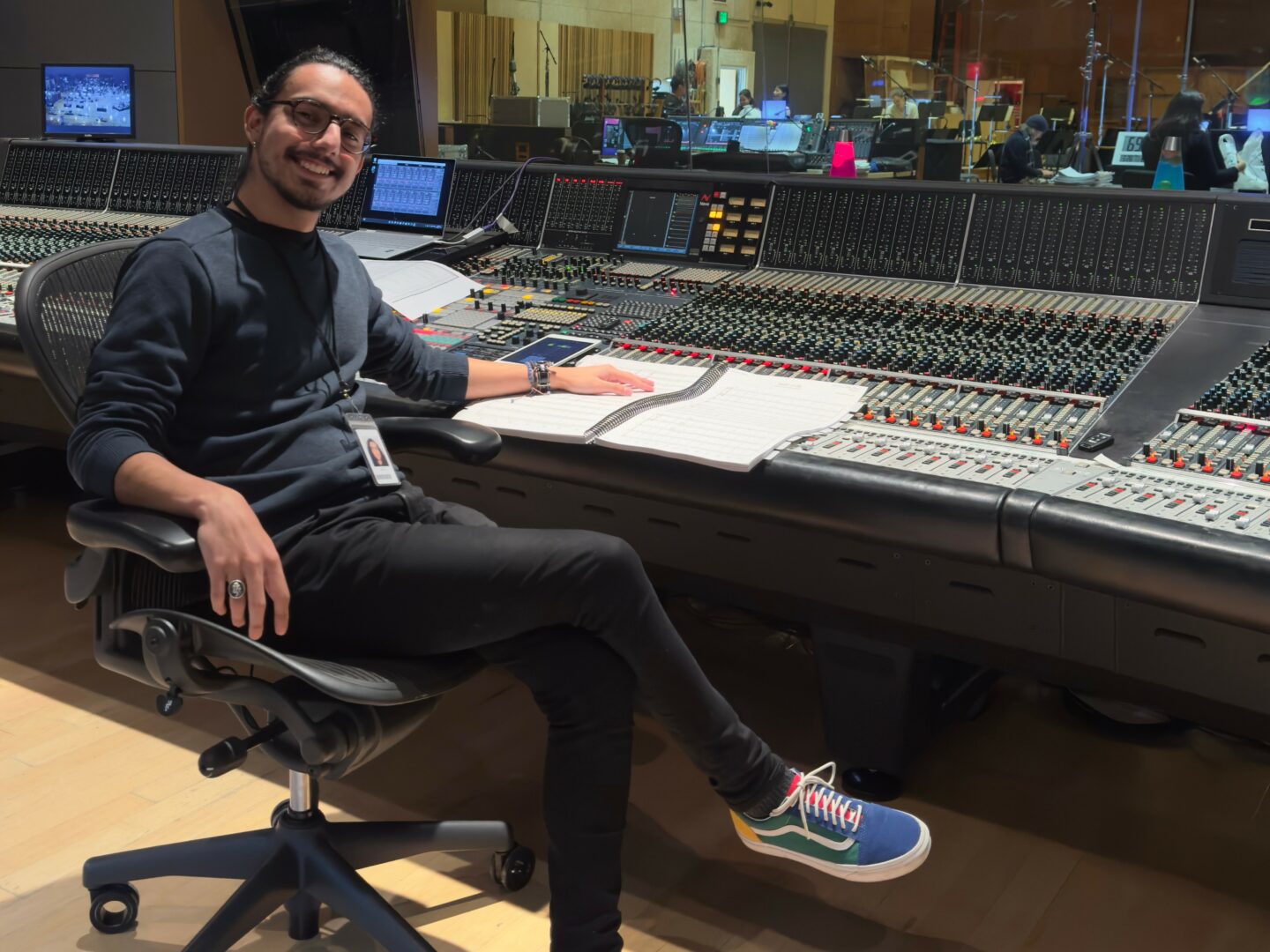
Great, so let’s take a few minutes and cover your story. What should folks know about you and what you do?
I’m a composer and orchestrator working mainly in film, television, and new media, but I also work as a technical score engineer at Bleeding Fingers Music, Hans Zimmer’s composer collective. In that role, I work closely with Emmy nominated composer Kara Talve. It’s a unique position that blends deep musical knowledge with cutting-edge technology and engineering skill. In many ways, it’s the most technologically focused role in the world of film music production, and it’s given me a holistic perspective on how a score comes together from concept to final mix.
What drives me, whether I’m composing or engineering, is the belief that music has the power to deepen the impact of storytelling. It’s the emotional subtext that shapes how we interpret what we see and feel on screen. At Bleeding Fingers, I’ve worked on projects like “The Simpsons”, NBC’s epic docuseries “The Americas”, and “The Tattooist of Auschwitz”, which premiered last year and has since earned two Emmy nominations and a Grammy nomination. Being part of productions like these is both creatively fulfilling and technically demanding, it’s where art and precision have to work hand in hand.
On the artistic side, I’ve scored narrative films like “Infinitas” and “Mr. Bold”, and contributed to culturally driven projects like “Arte y Abastos”, a documentary about how art reshapes community in Latin America’s largest market. That project, in particular, felt deeply personal. It reflects my roots and my belief in the transformative power of creative expression.
Right now, I’m developing original material and continuing to explore themes that merge music with my love for science and space. Scoring a film about space has been a longtime dream of mine, it’s where emotion, awe, and storytelling intersect in a unique way. Whether I’m writing, orchestrating, or engineering, my goal is always to create music that’s emotionally honest, globally conscious, and crafted with care at every level.
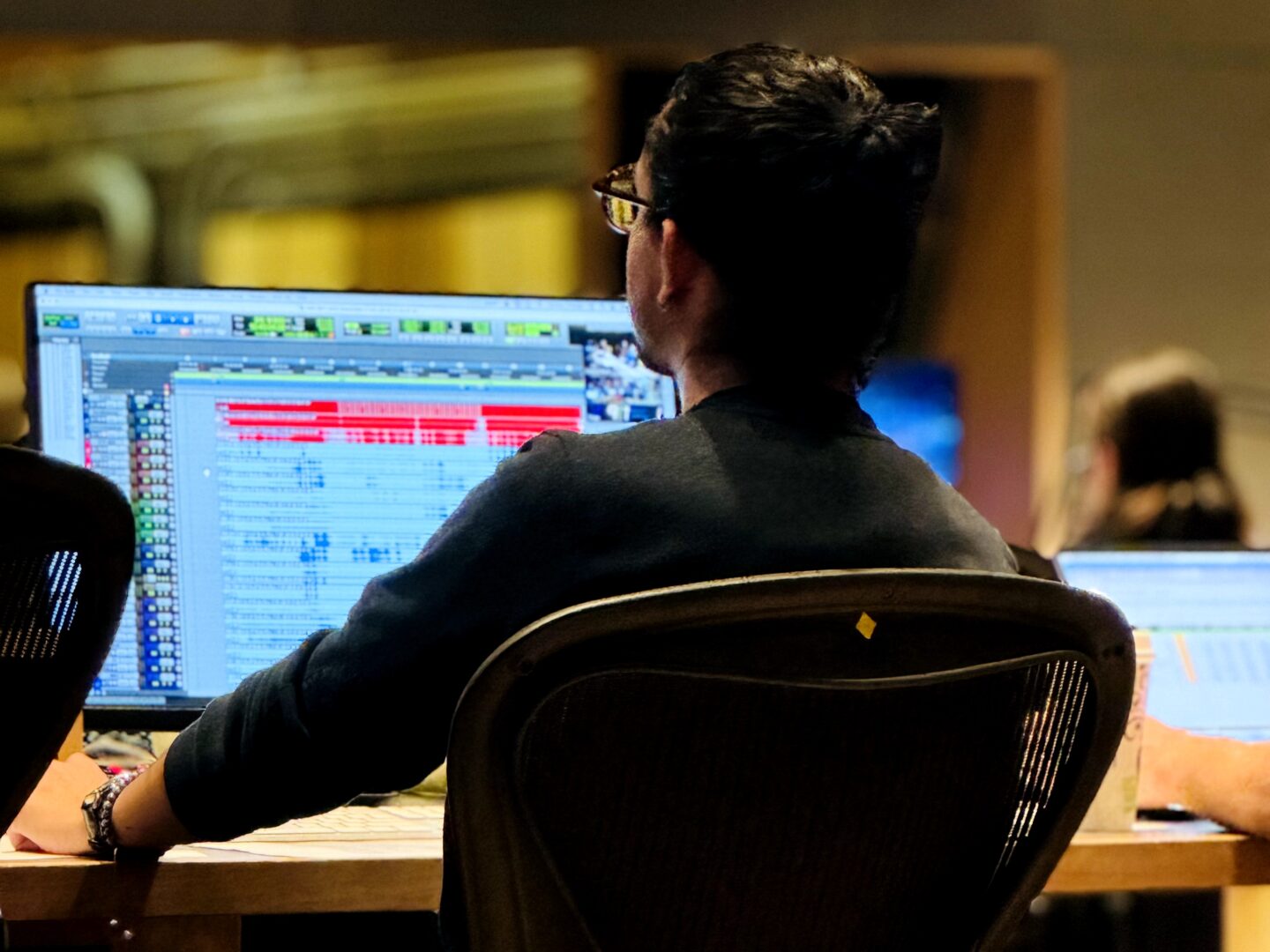
If you had to pick three qualities that are most important to develop, which three would you say matter most?
Looking back, I’d say the three most impactful things in my journey have been musical versatility, technical fluency, and being a team player.
Versatility came from saying yes to a wide range of projects early on, scoring short films, documentaries, podcasts, and even educational content. That variety pushed me to adapt my voice and taught me how to support different styles of storytelling. If you’re just starting out, my advice is to embrace that phase. Try everything. Each project adds a layer to your craft and your confidence.
Technical fluency has also been huge, especially in today’s landscape. As a technical score engineer, I’ve learned how important it is to be fluent in the tools of the trade, DAWs, sample libraries, orchestration software, mixing workflows. The more comfortable you are technically, the more creative and efficient you can be. For those just getting started, I’d say dive into the tech. It doesn’t make you less of an artist, it gives you more ways to bring your ideas to life.
And just as important: being a team player. Film scoring is one of the most collaborative spaces in the arts, you’re working with directors, editors, producers, musicians, engineers, and sometimes entire post-production teams. Being open, respectful, reliable, and flexible is essential. A great score doesn’t happen in isolation, it happens when people trust each other. My advice is to practice active listening, take feedback seriously, and understand that the best idea in the room doesn’t always have to be yours.
If you focus on growing creatively, technically, and collaboratively, you’ll not only develop as a composer, you’ll be someone people want to work with again.
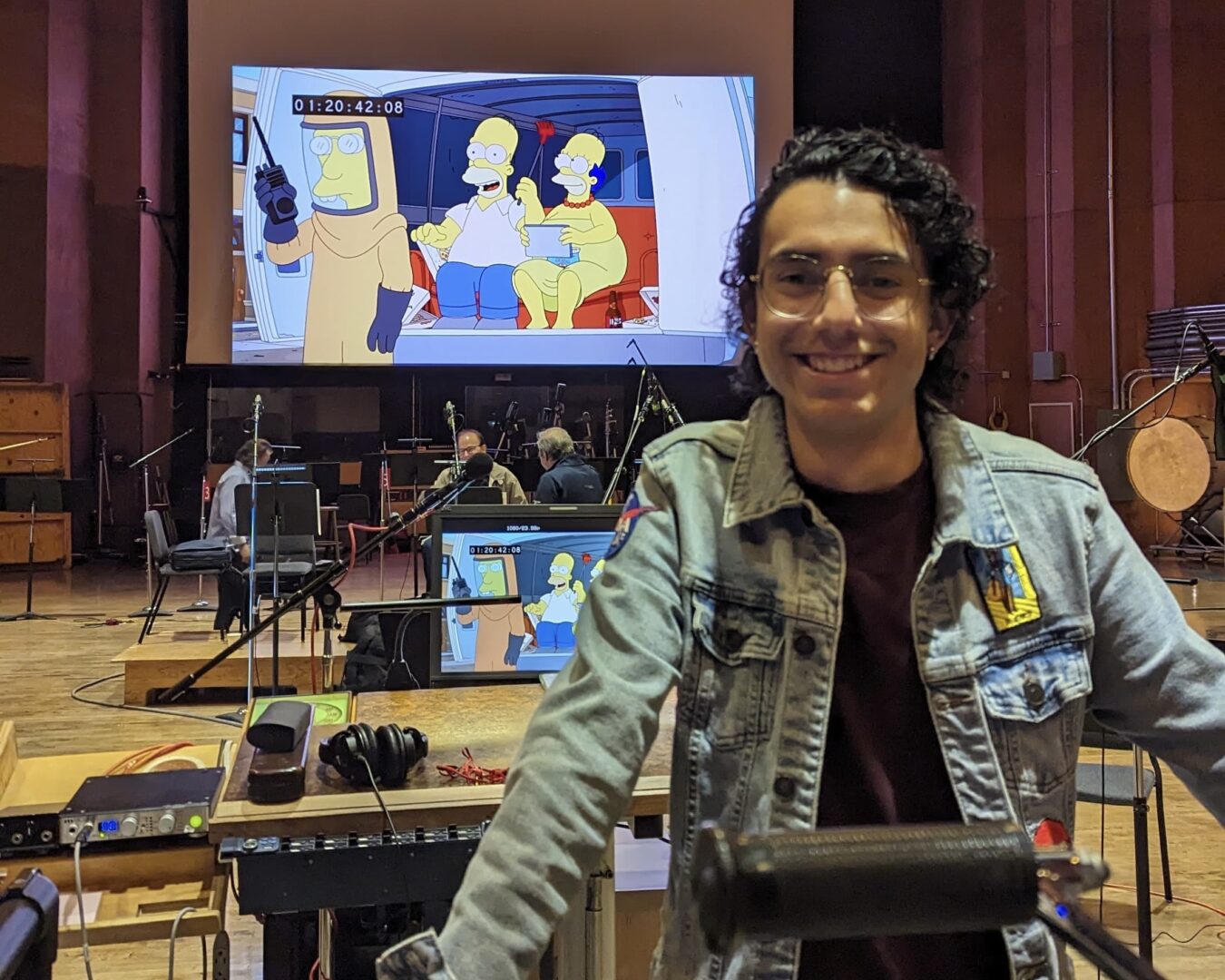
What has been your biggest area of growth or improvement in the past 12 months?
In the past 12 months, my biggest area of growth has been exploring new musical genres and expanding my creative range. Working at Bleeding Fingers Music has given me the unique opportunity to dive into genres I wasn’t as familiar with or used to writing. Being surrounded by such a diverse and talented team has been incredibly inspiring. I’ve had the chance to learn from composers like Kara Talve, Anže Rozman, Sami Goldberg, and Niccolò Pacella, each of them not only masters of their craft but also incredibly generous in sharing their knowledge and helping me improve.
Collaborating with such a dynamic group has pushed me to step outside of my comfort zone and experiment with new sounds, structures, and styles, which has made me a more versatile composer. It’s been about finding a balance between staying true to my own voice while also embracing unfamiliar territory and learning to adapt to different creative challenges. I’ve come to realize that growth often comes from being open to new perspectives and finding ways to bring your unique approach to whatever genre you’re working in.
In the last year, I’ve definitely grown more confident in my ability to take on a variety of musical styles and genres while continuing to deepen my understanding of how music fits into the overall production process. I’m excited to continue learning and growing, both as a composer and a collaborator.
Contact Info:
- Website: https://danvallejo.com
- Instagram: @dan_vallejo
- Facebook: https://www.facebook.com/DanVallejoMusic
- Linkedin: https://www.linkedin.com/in/dan-vallejo-music/
- Twitter: @danvallejoo
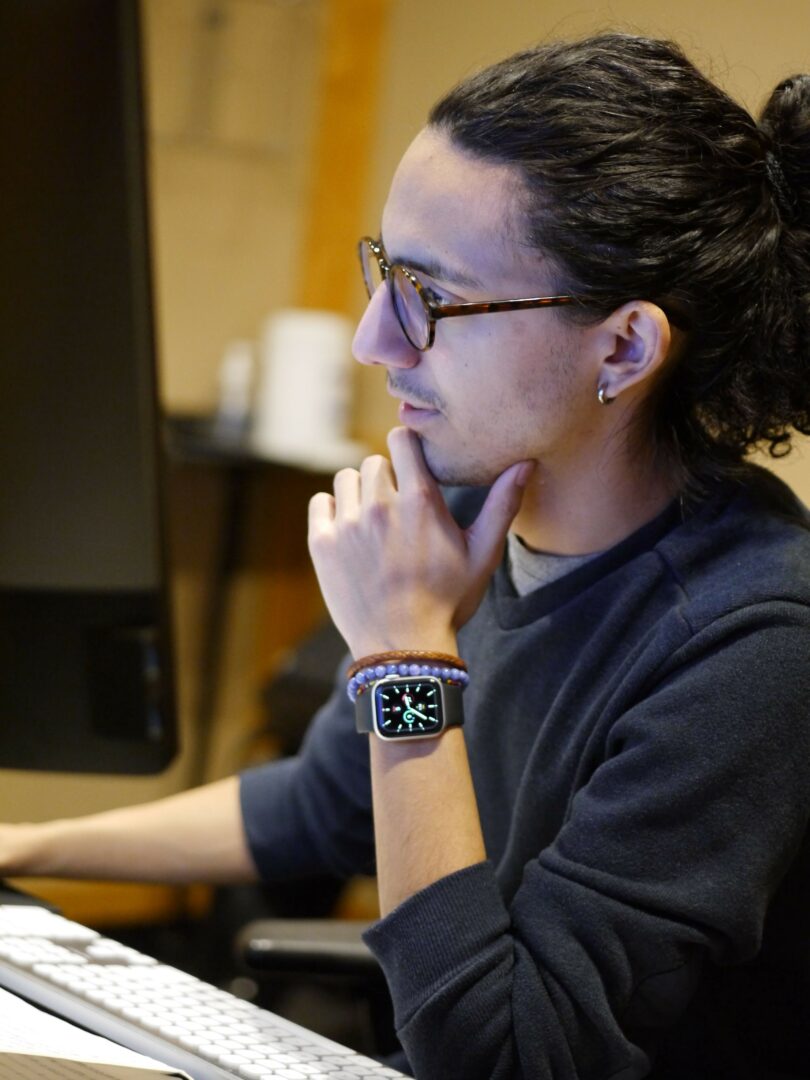
so if you or someone you know deserves recognition please let us know here.

